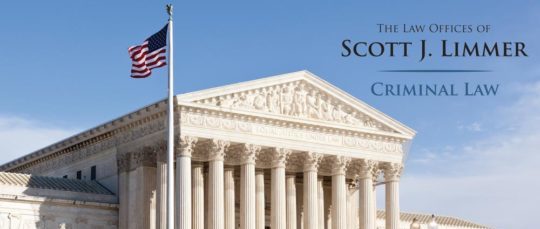In a March 26 press conference, Marilyn Mosby, the state’s attorney for Baltimore, announced the city would permanently cease prosecuting “low-level” offenses, including possession or attempted distribution of controlled substances, prostitution, possession of drug paraphernalia, trespassing, open container, public urination, minor traffic offenses, and vagabondage. The announcement said the new steps grew out of an […]
Category: Judicial Reform
Article: Virginia Governor’s Executive Order Restores Voting Rights for Over 69,000 Released Ex-Felons
By an executive order signed March 16, Virginia governor Ralph Northam restored voting rights to more than 69,000 felons released from state prisons and jails. The “Reforms Restoration of Rights Process” order immediately restores voting and other civil rights to any Virginian upon release from incarceration, even if they remain on community supervision, such as […]
Article: VA Gov. Backs Big Changes in State’s Criminal Justice System
Virginia governor Ralph Northam (D) is pushing for major changes in the state’s criminal justice system, including repealing the death penalty – which would make Virginia the first state in the South to take that step – and automatically restoring felons’ right to vote on release. Delivering his “State of the Commonwealth” address on January […]
Article: New York Criminal Law Reforms Took Effect in January 2020
Major changes in New York’s criminal law, backed by Governor Cuomo and passed by the state legislature in 2019, took effect in 2020, and local and state governments are still debating how those changes will affect criminal law enforcers and defendants. Here’s a quick summary of changes the new law made as of January 1, […]
Article: States Weigh Actions on Life without Parole for Young Crimes
The landmark 2005 U.S. Supreme Court decision in Roper v. Simmons banned capital punishment including life without parole for juveniles as unconstitutionally cruel and unusual. At the time, 12 states banned capital punishment in all cases, and 18 more prohibited it for juveniles, while 72 juveniles were on Death Row in 12 states. In 2010, the high court […]
Article: The Bipartisan Federal Safe Justice Act, H.R. 2944
On June 25, a political odd couple of House Judiciary Committee members Reps. Jim Sensenbrenner (R-WI) and Bobby Scott (D-VA) joined to co-sponsor a far-reaching bill to revamp the nation’s criminal justice system: the Safe, Accountable, Fair and Effective (SAFE) Justice Act (H.R. 2944). The bill’s 37 other co-sponsors to date, evenly divided between the […]



